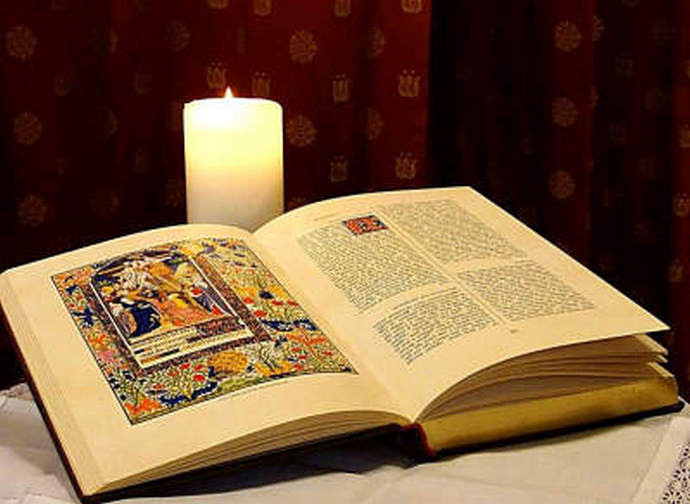Sacred Tradition
The world itself could not contain the books that would be written. (John 21: 25)

Peter turned and saw the disciple whom Jesus loved following them, the one who also had leaned back against him during the supper and had said, “Lord, who is it that is going to betray you?” When Peter saw him, he said to Jesus, “Lord, what about this man?” Jesus said to him, “If it is my will that he remain until I come, what is that to you? You follow me!” So the saying spread abroad among the brothers that this disciple was not to die; yet Jesus did not say to him that he was not to die, but, “If it is my will that he remain until I come, what is that to you?” This is the disciple who is bearing witness about these things, and who has written these things, and we know that his testimony is true. Now there are also many other things that Jesus did. Were every one of them to be written, I suppose that the world itself could not contain the books that would be written. (John 21: 20-25)
If the world is not even big enough to contain all the books necessary to describe everything Jesus did or said during his earthly life, it is clear that the Gospels are the fruit of a selection guaranteed by the inspiration of the Holy Spirit. Thus, the importance of Sacred Tradition is already apparent from the Gospels. Sacred Tradition, in fact, serves to interpret the Word of God correctly, without distorting its content according to today’s trends. So let us be careful not to interpret the Word of God as we please, but rather let us be guided by the Deposit of Faith which has remained unchanged over the centuries in the Church's magisterium.
